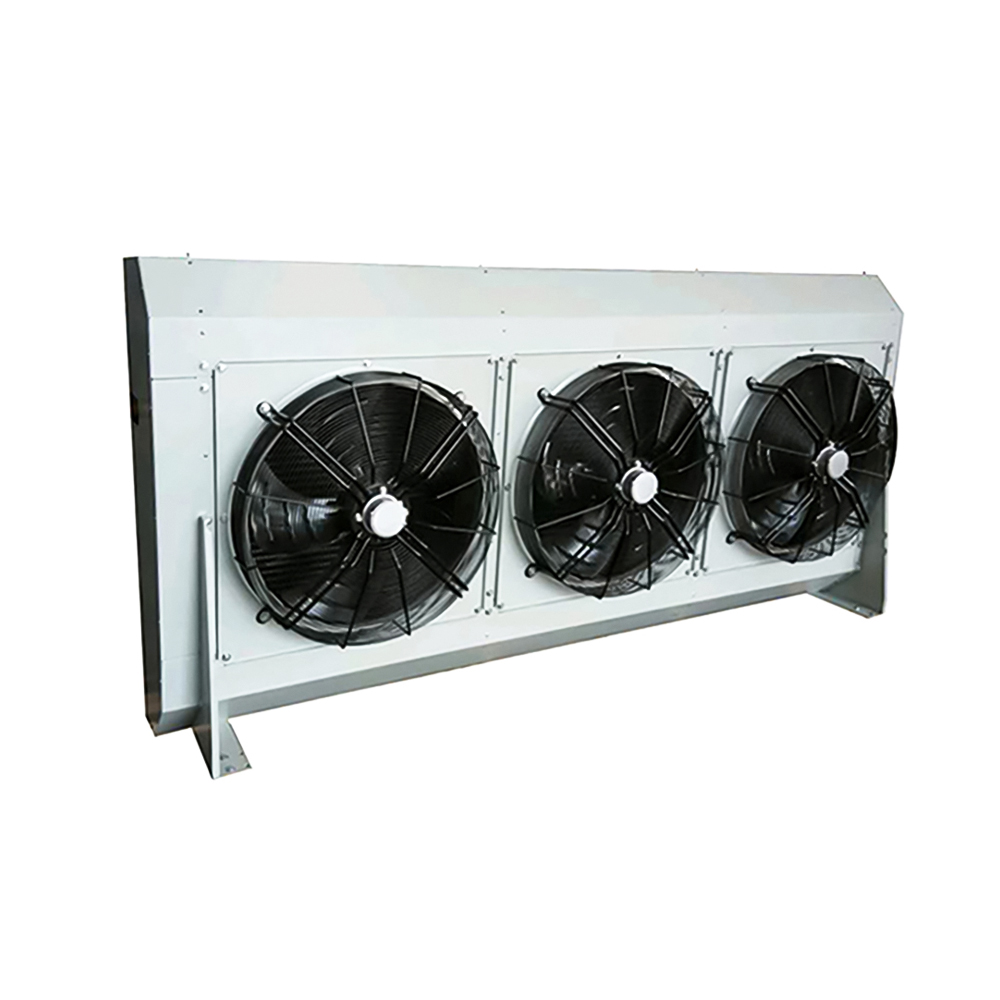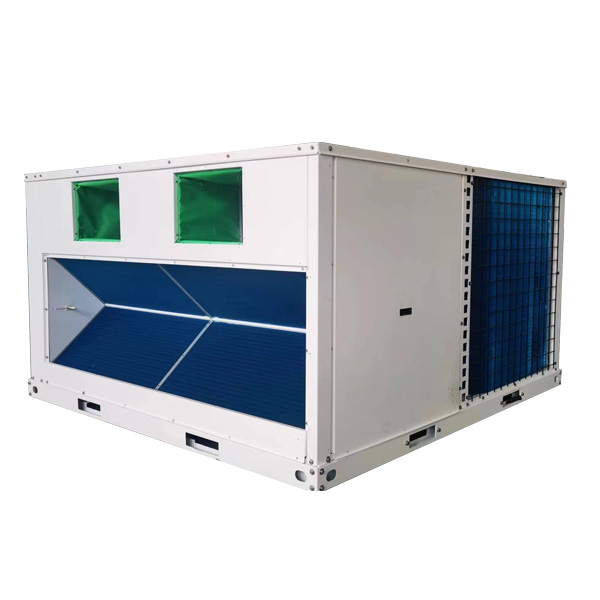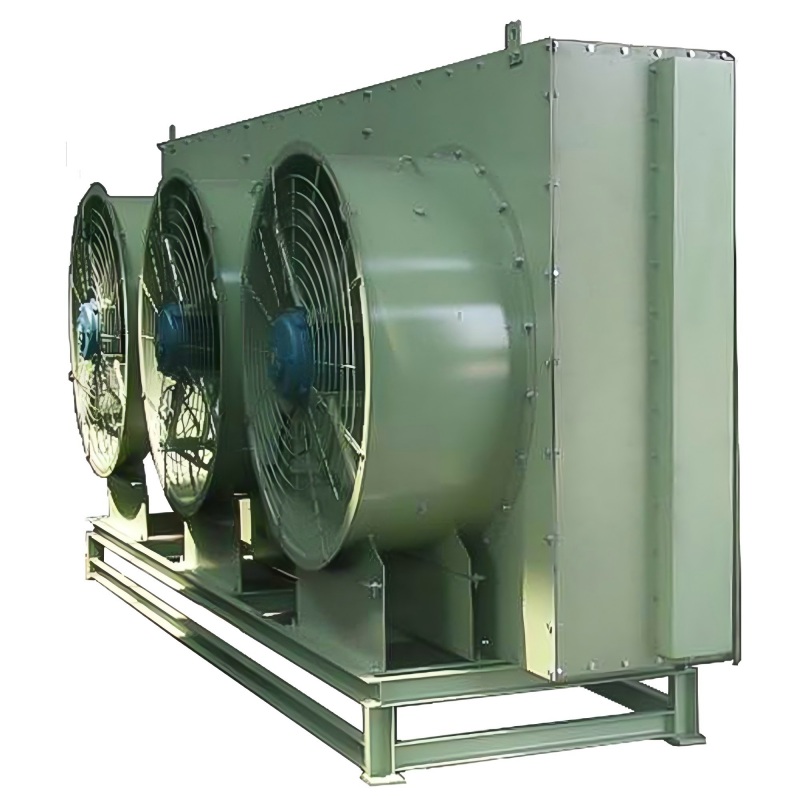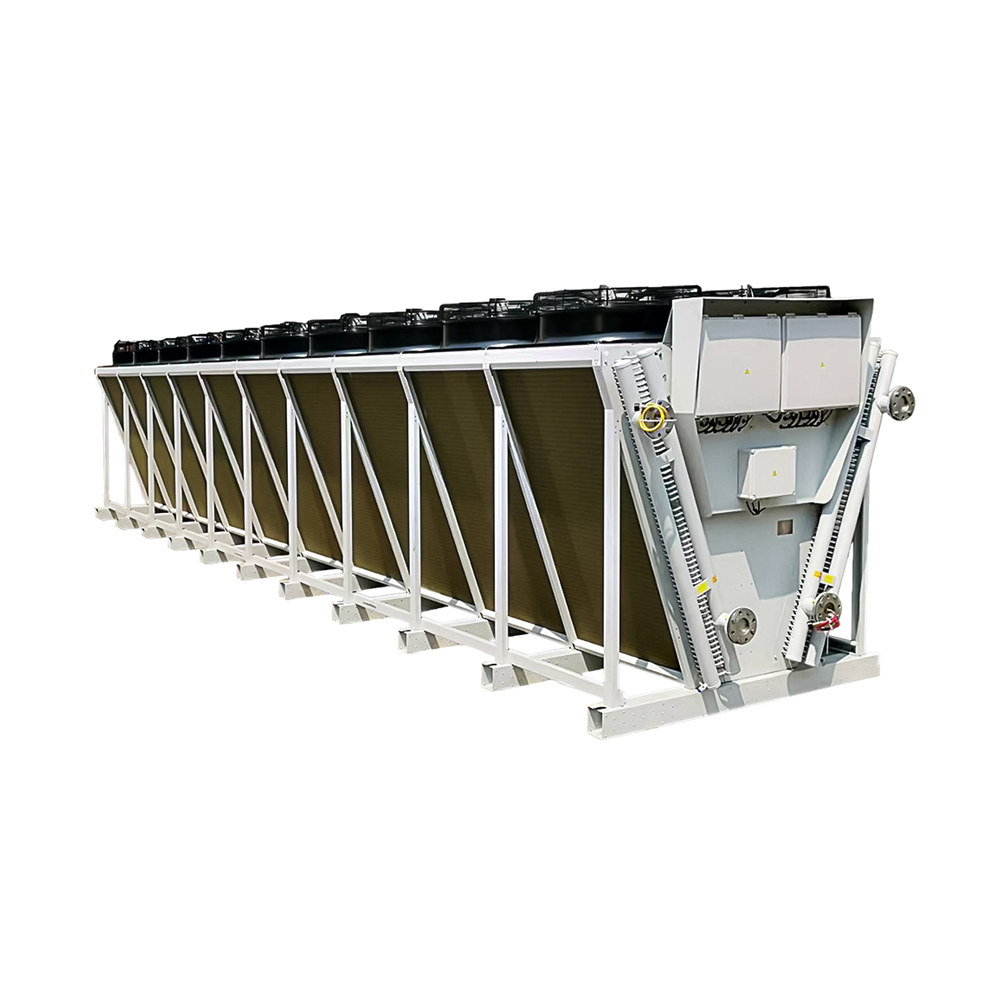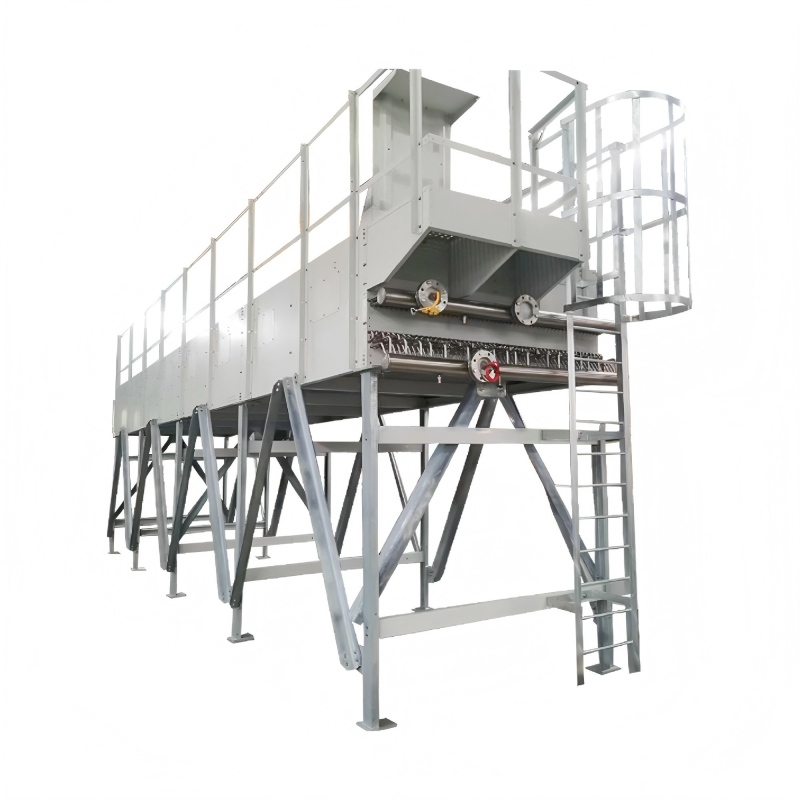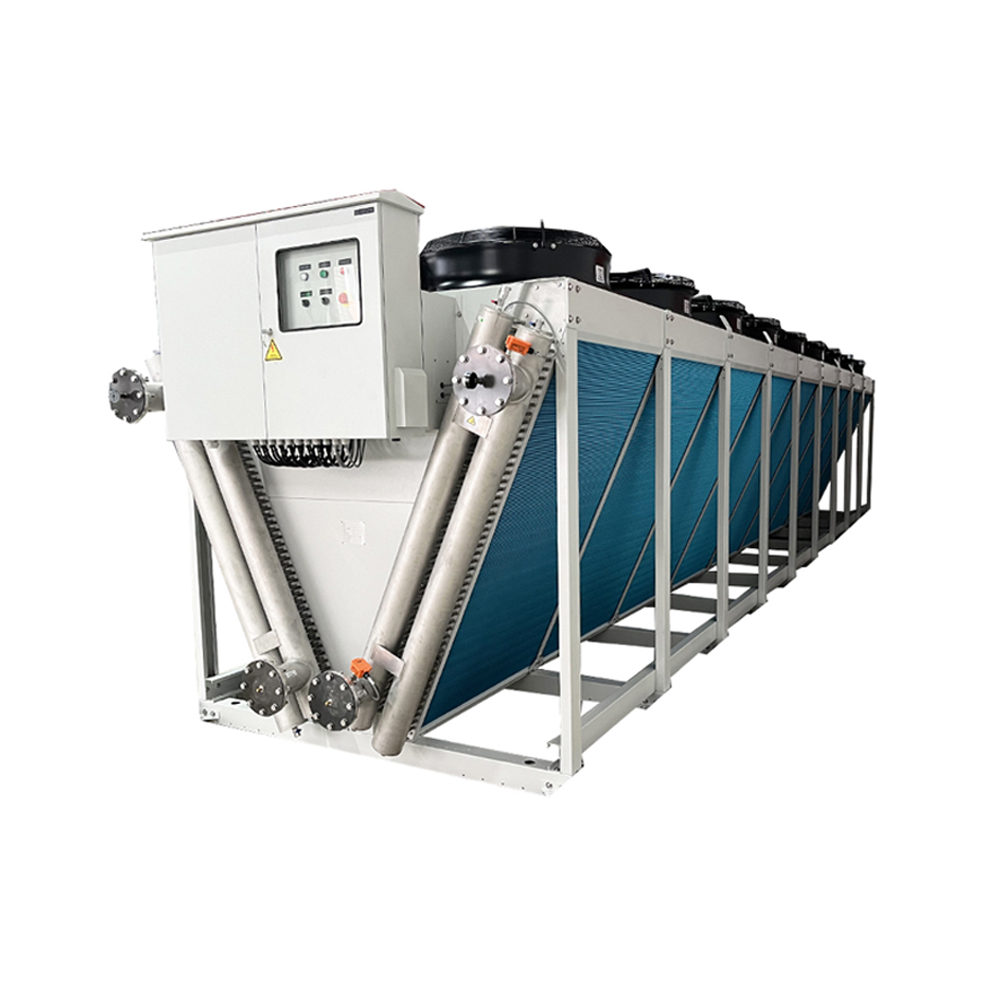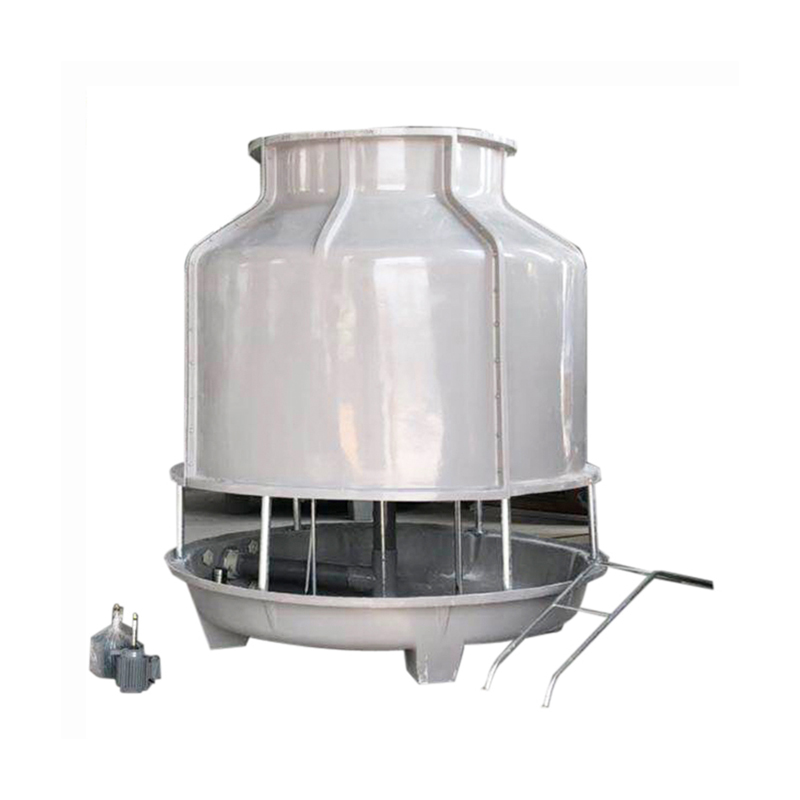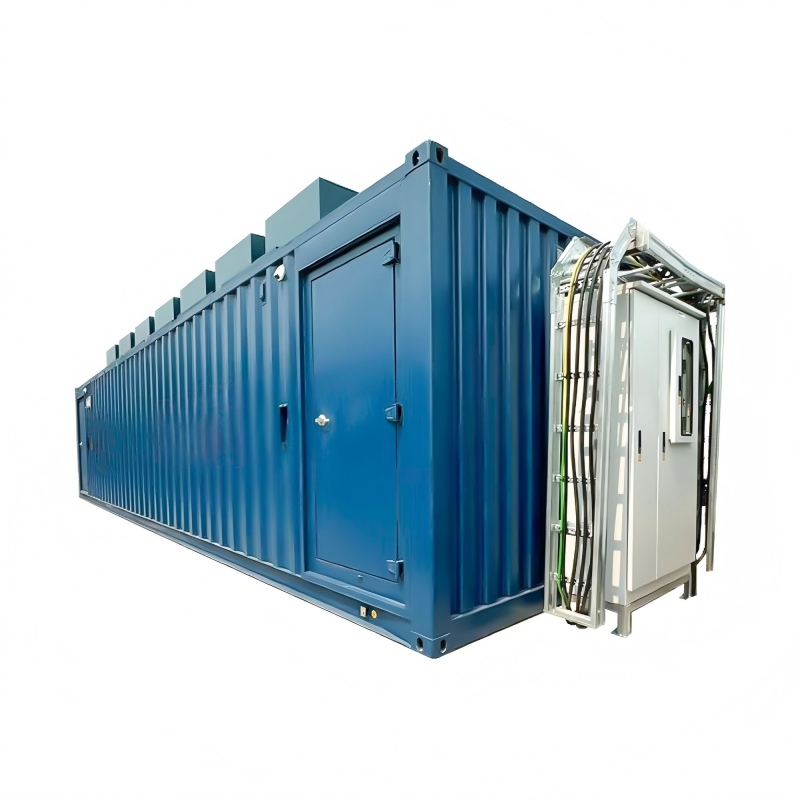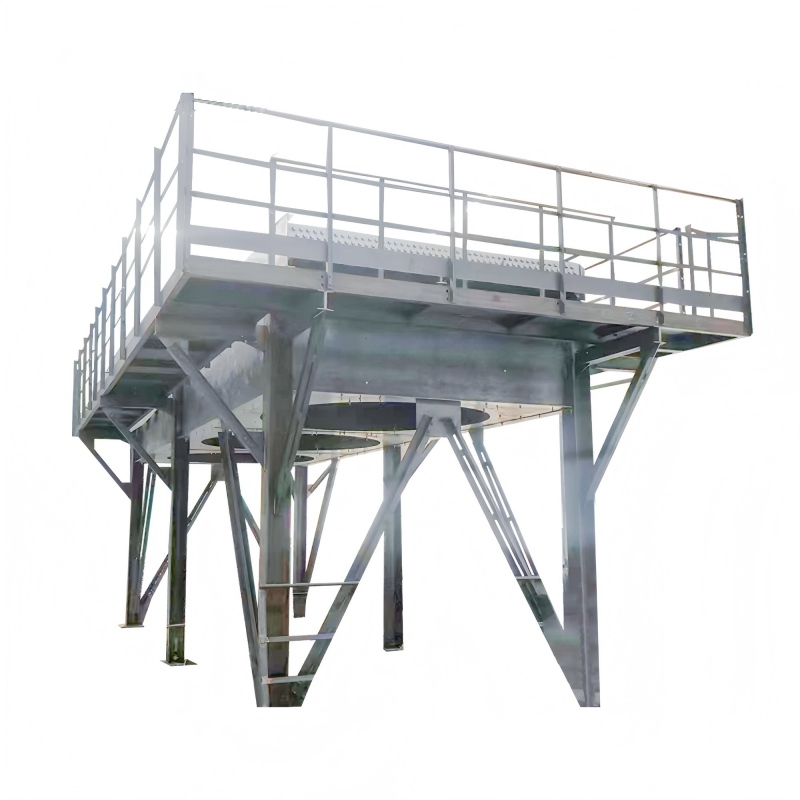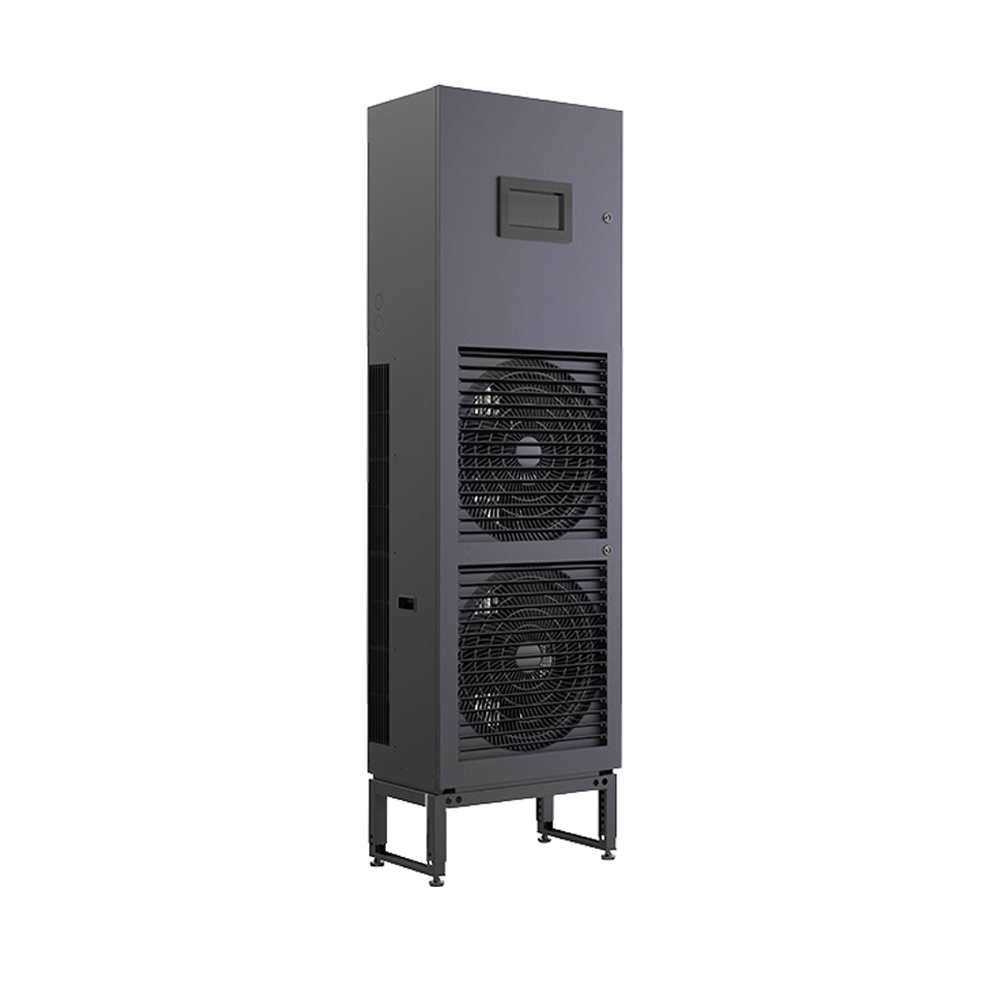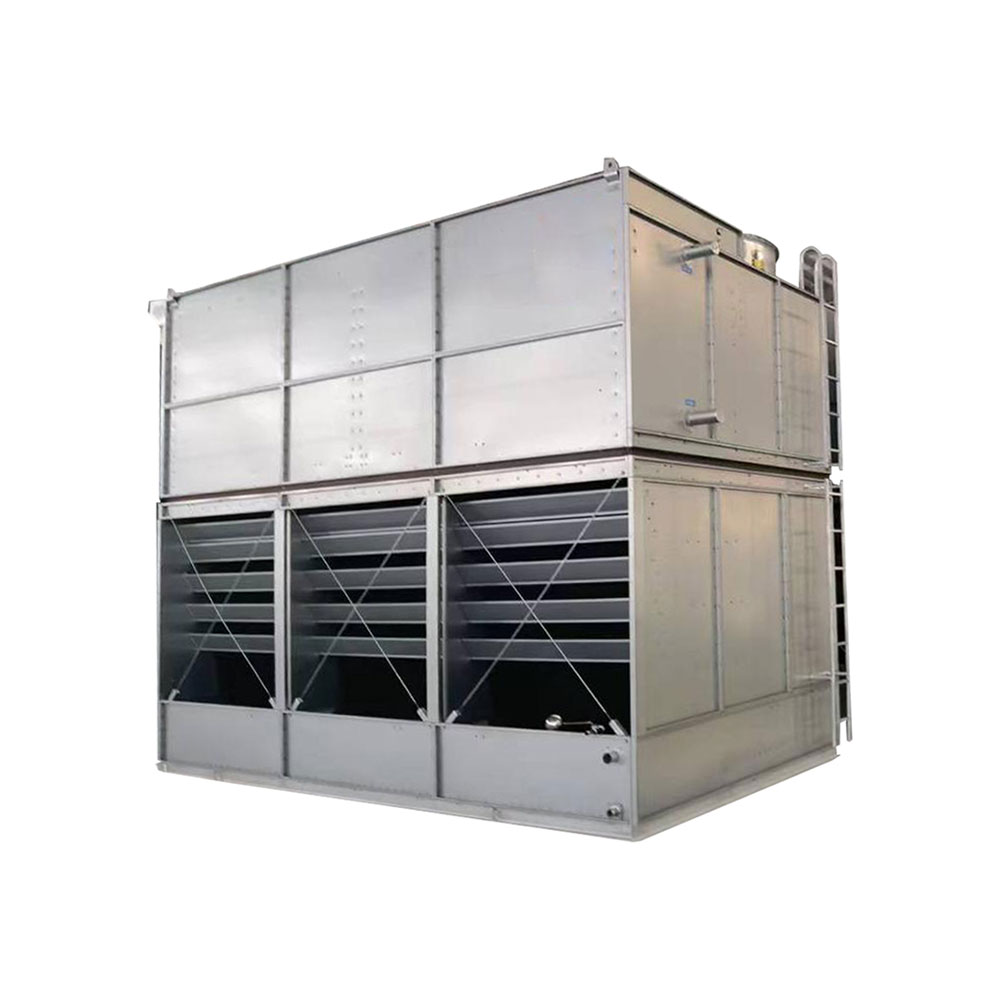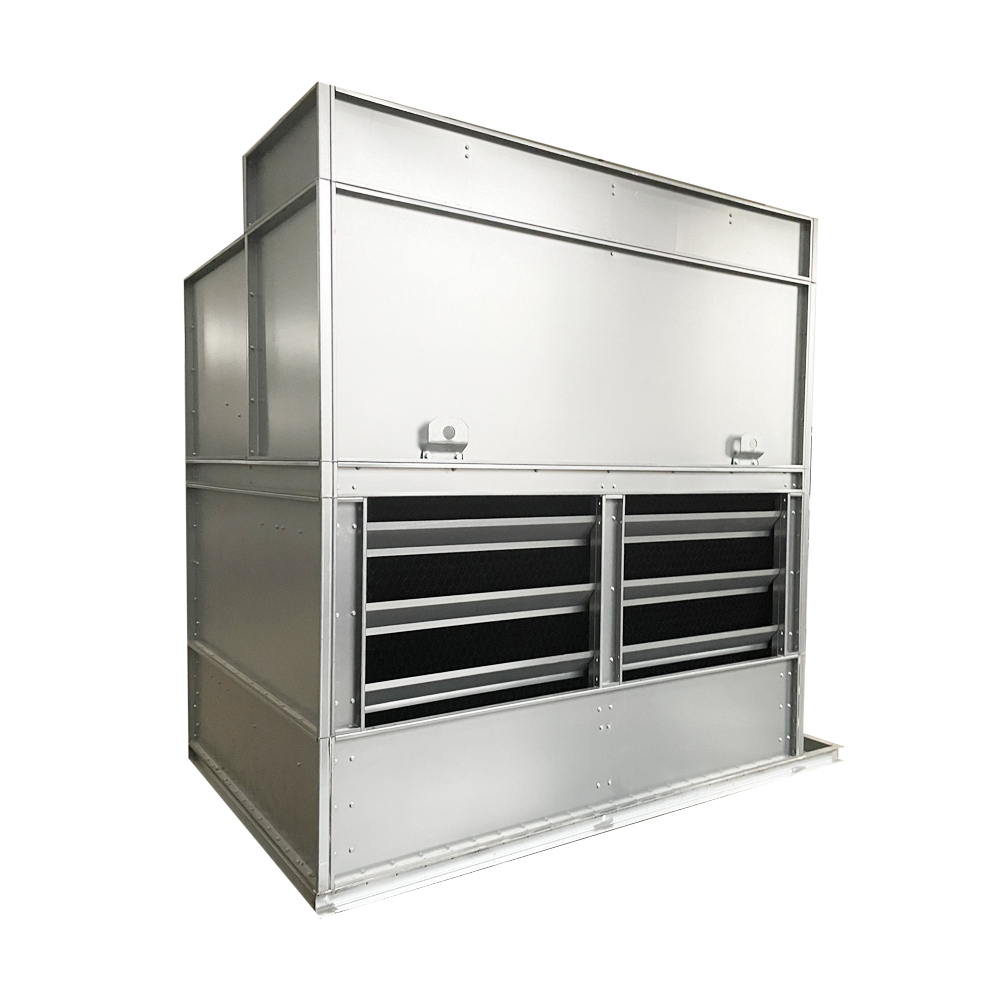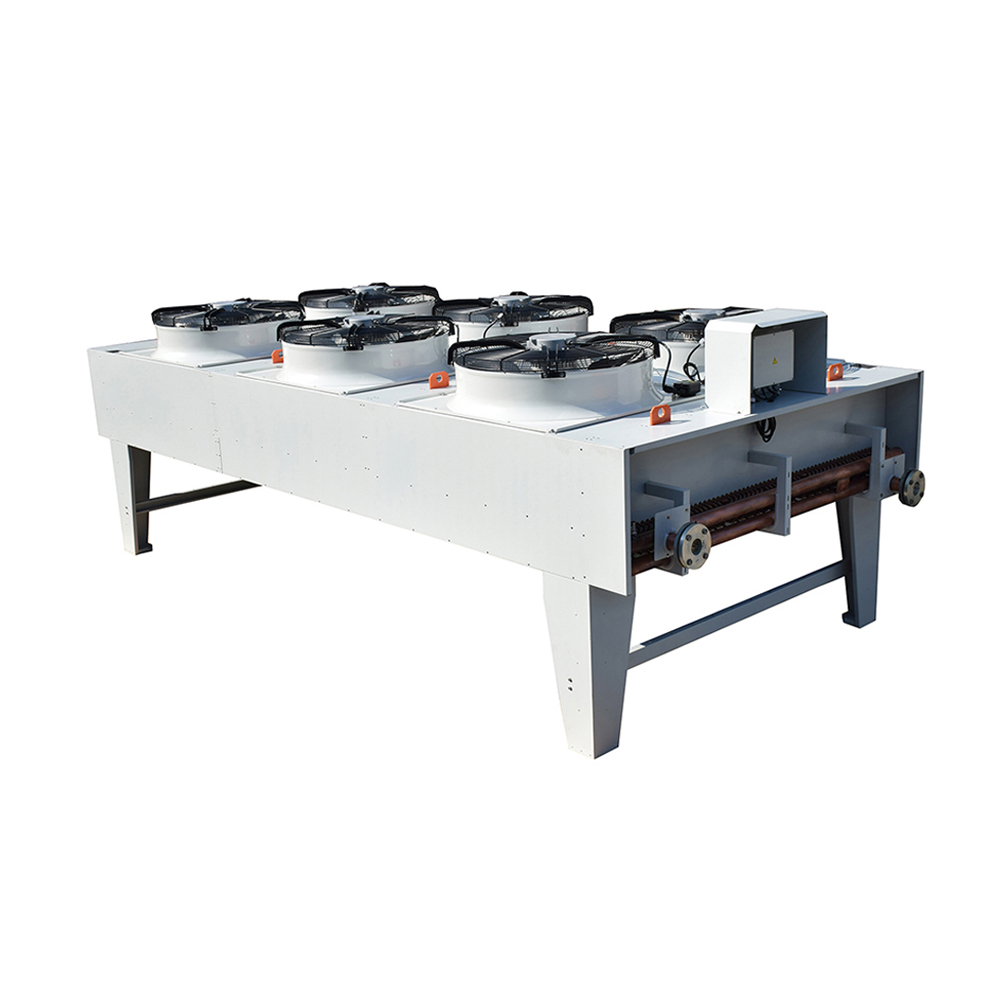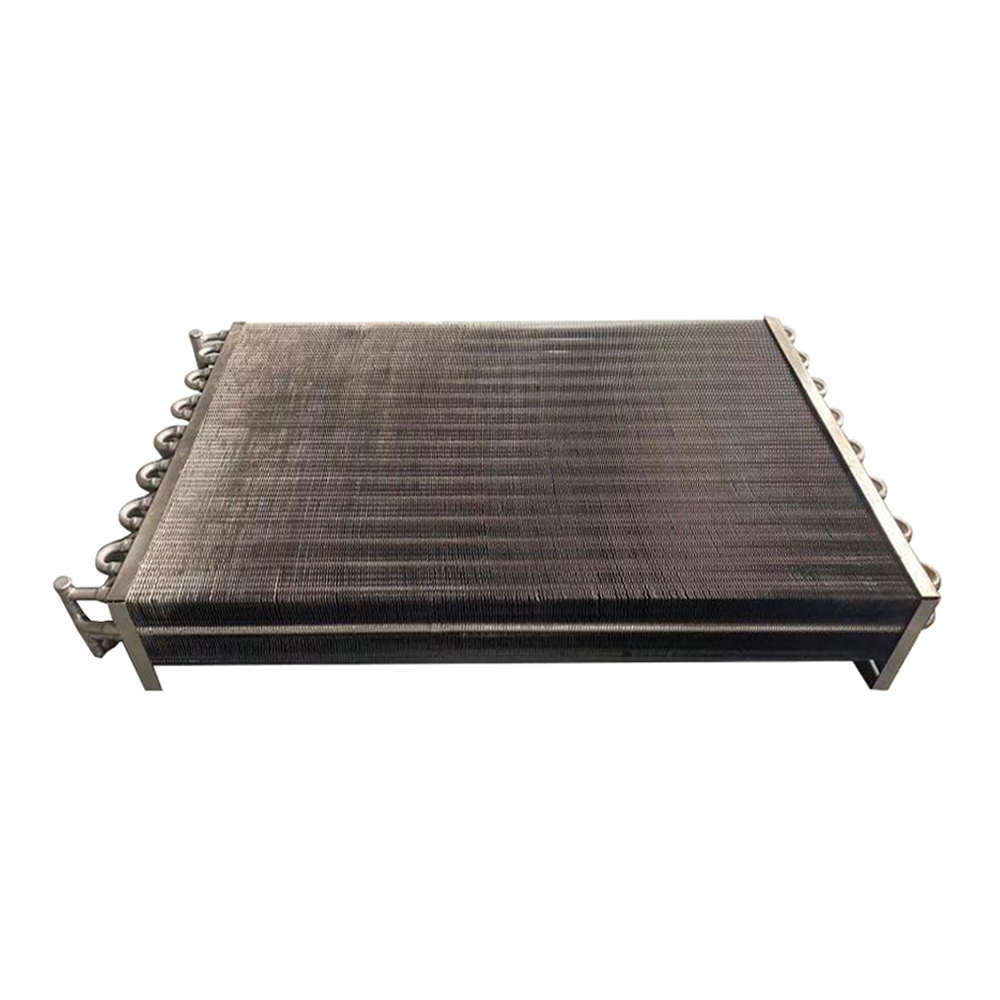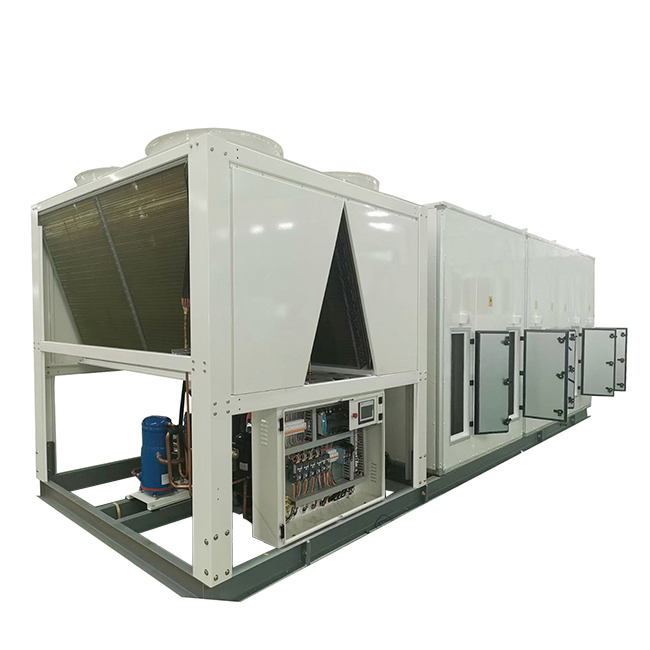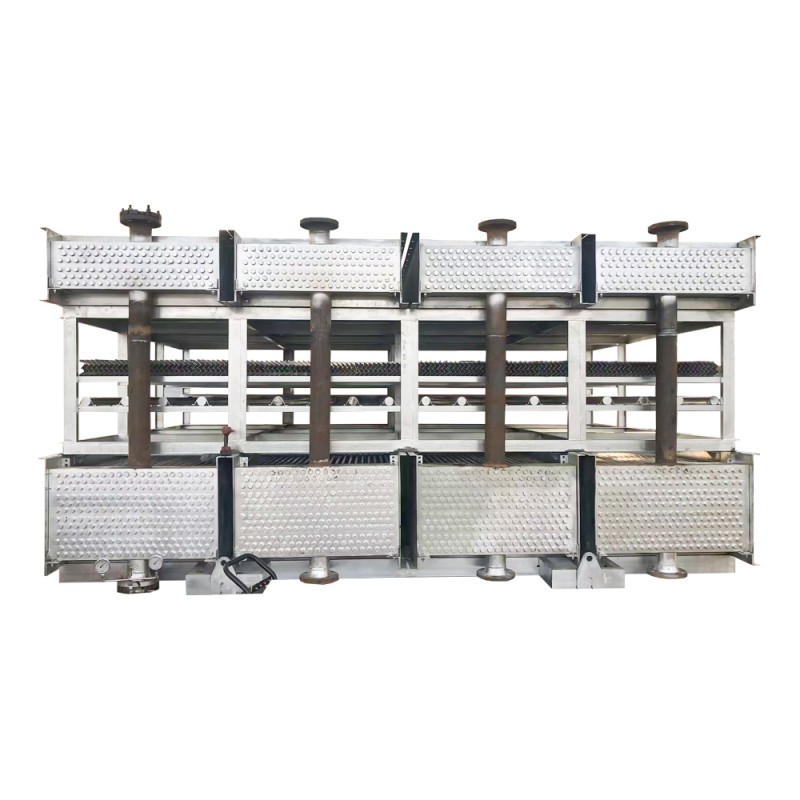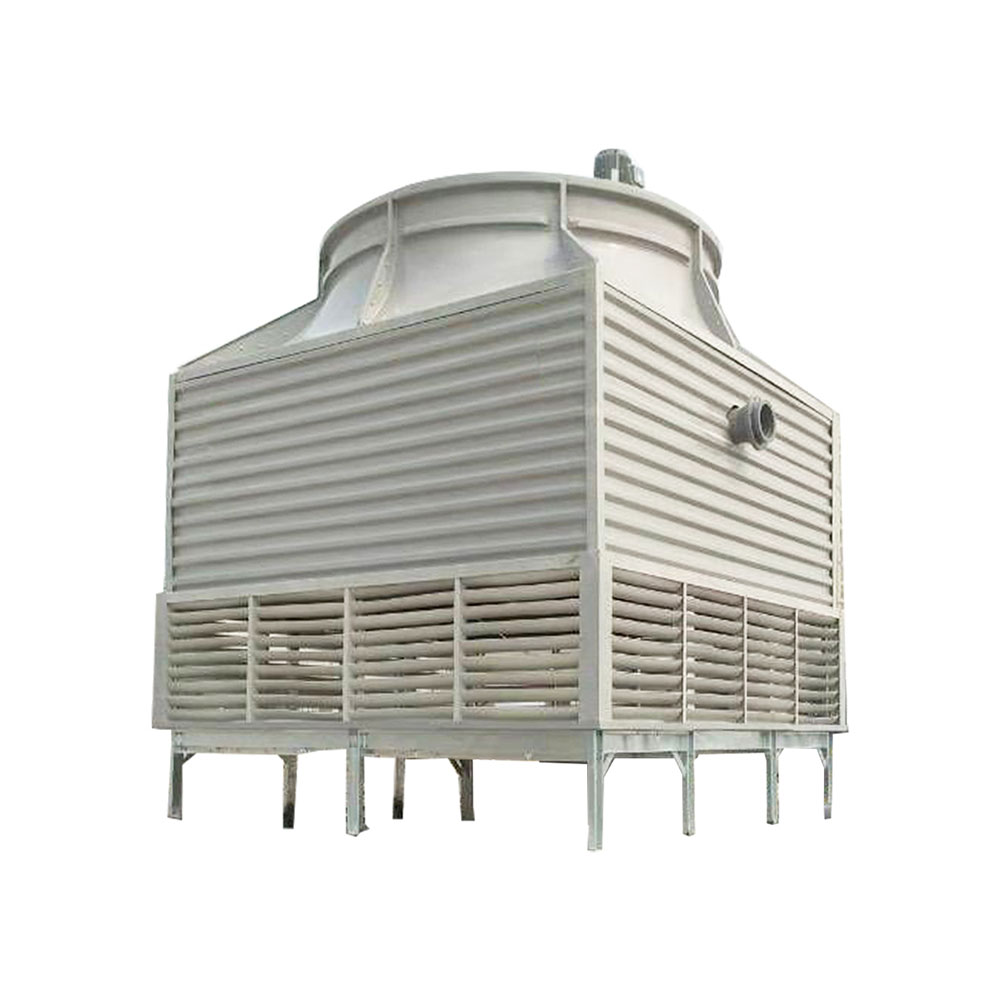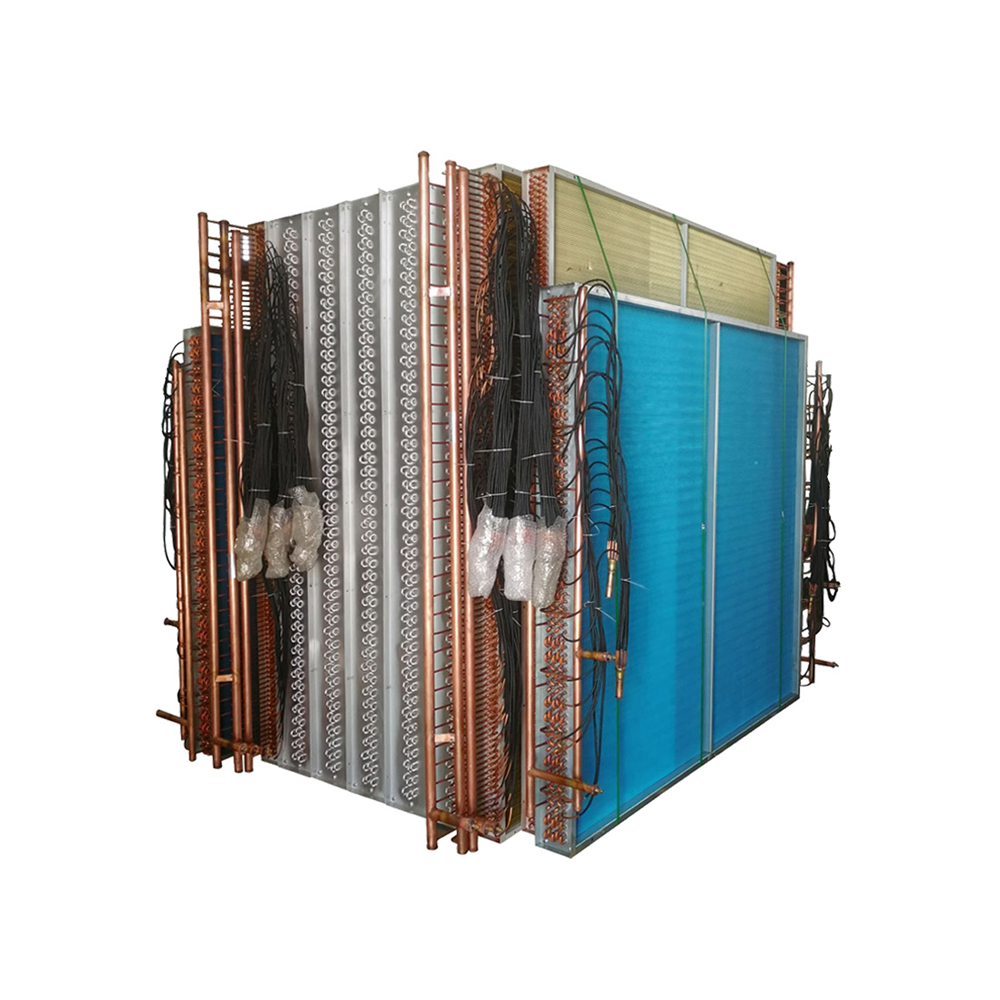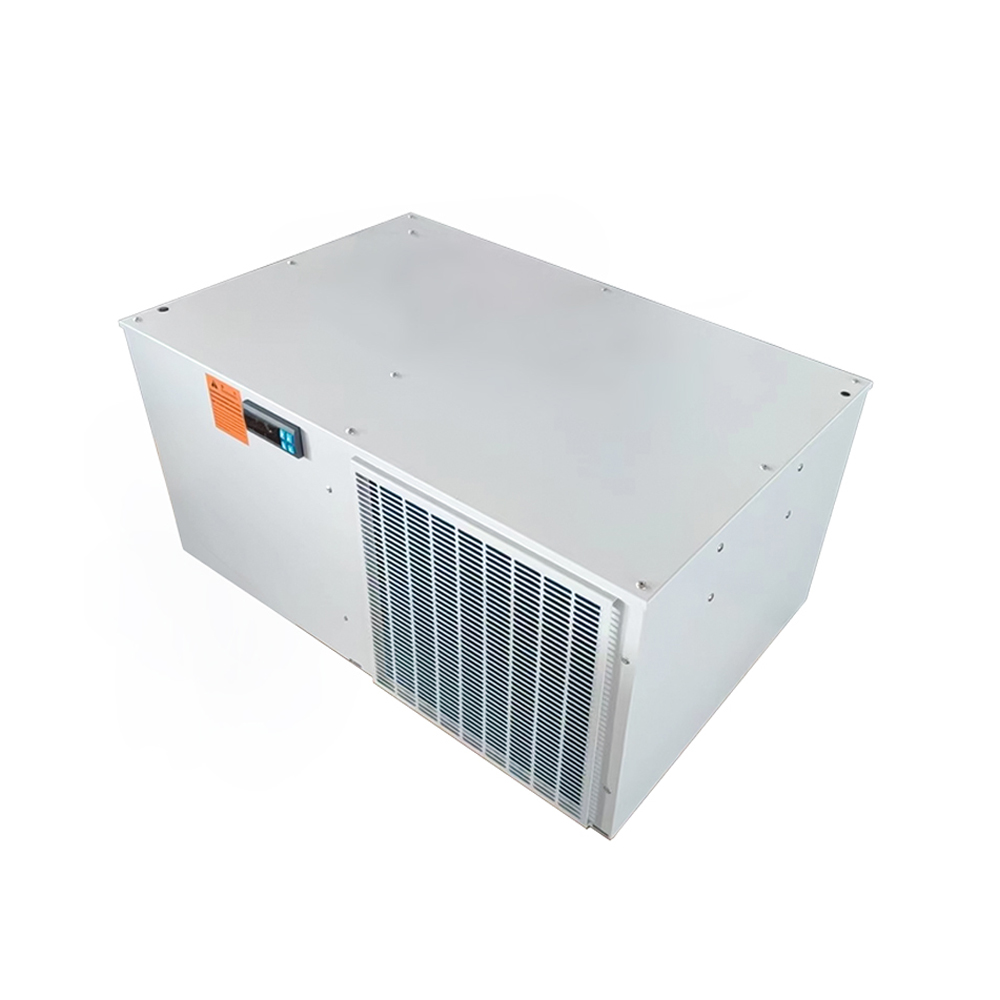Choosing the right air cooled condenser manufacturer is crucial for efficient and reliable cooling systems. This guide provides a detailed overview of factors to consider when selecting a manufacturer, different types of air cooled condensers, and key specifications to ensure optimal performance. We'll explore various applications, common challenges, and best practices for maximizing the lifespan and efficiency of your equipment. Whether you're involved in industrial processes, HVAC systems, or refrigeration, understanding these aspects is essential for informed decision-making.
Types of Air Cooled Condensers
Several types of air cooled condensers cater to various cooling demands. Selecting the appropriate type depends on factors like cooling capacity, operating environment, and budget.
Tube and Fin Condensers
These are the most common type, featuring tubes fitted with fins to maximize surface area for heat dissipation. Their simple design and relatively low cost make them suitable for a wide range of applications. The fin material and configuration significantly impact performance. We will discuss the selection of materials in a later section.
Plate Fin Condensers
Plate fin condensers offer a high surface area-to-volume ratio, leading to compact designs and improved efficiency, particularly for high-capacity systems. They are often preferred where space is limited.
Shell and Tube Condensers
Shell and tube designs are generally used for larger applications requiring significant cooling capacity. They are more robust and can handle higher pressures but are typically more expensive than tube and fin condensers.
Choosing the Right Air Cooled Condenser Manufacturer
Selecting a reputable air cooled condenser manufacturer is paramount. Look for manufacturers who provide:
- Comprehensive product specifications and data sheets.
- A proven track record of quality and reliability.
- Strong customer support and after-sales service.
- Customization options to meet specific project requirements.
- Compliance with industry standards and certifications.
Key Specifications and Considerations
When comparing air cooled condenser models from different manufacturers, consider these key specifications:
| Specification | Description | Importance |
| Cooling Capacity (kW or BTU/hr) | The amount of heat the condenser can remove. | Essential for matching system requirements. |
| Operating Pressure (psi or bar) | Maximum pressure the condenser can withstand. | Critical for safety and system compatibility. |
| Refrigerant Compatibility | The type of refrigerant the condenser can handle. | Ensures proper system operation and avoids leaks. |
| Materials of Construction | Materials used for tubes, fins, and casing (e.g., copper, aluminum, stainless steel). | Impacts corrosion resistance, durability, and efficiency. |
For high-quality air cooled condensers and exceptional service, consider Shanghai SHENGLIN M&E Technology Co.,Ltd. They offer a wide range of solutions to meet diverse cooling needs.
Applications of Air Cooled Condensers
Air cooled condensers are used across diverse industries and applications including:
- Refrigeration systems (commercial and industrial)
- HVAC systems (air conditioning and heating)
- Industrial process cooling
- Power generation
- Chemical processing
Maintenance and Optimization
Regular maintenance significantly extends the lifespan and efficiency of your air cooled condenser. This includes cleaning the fins to remove dust and debris, checking for leaks, and ensuring proper airflow. Consult your manufacturer's guidelines for specific maintenance recommendations.
By carefully considering the factors outlined in this guide, you can choose the right air cooled condenser manufacturer and ensure optimal performance for your cooling system.









